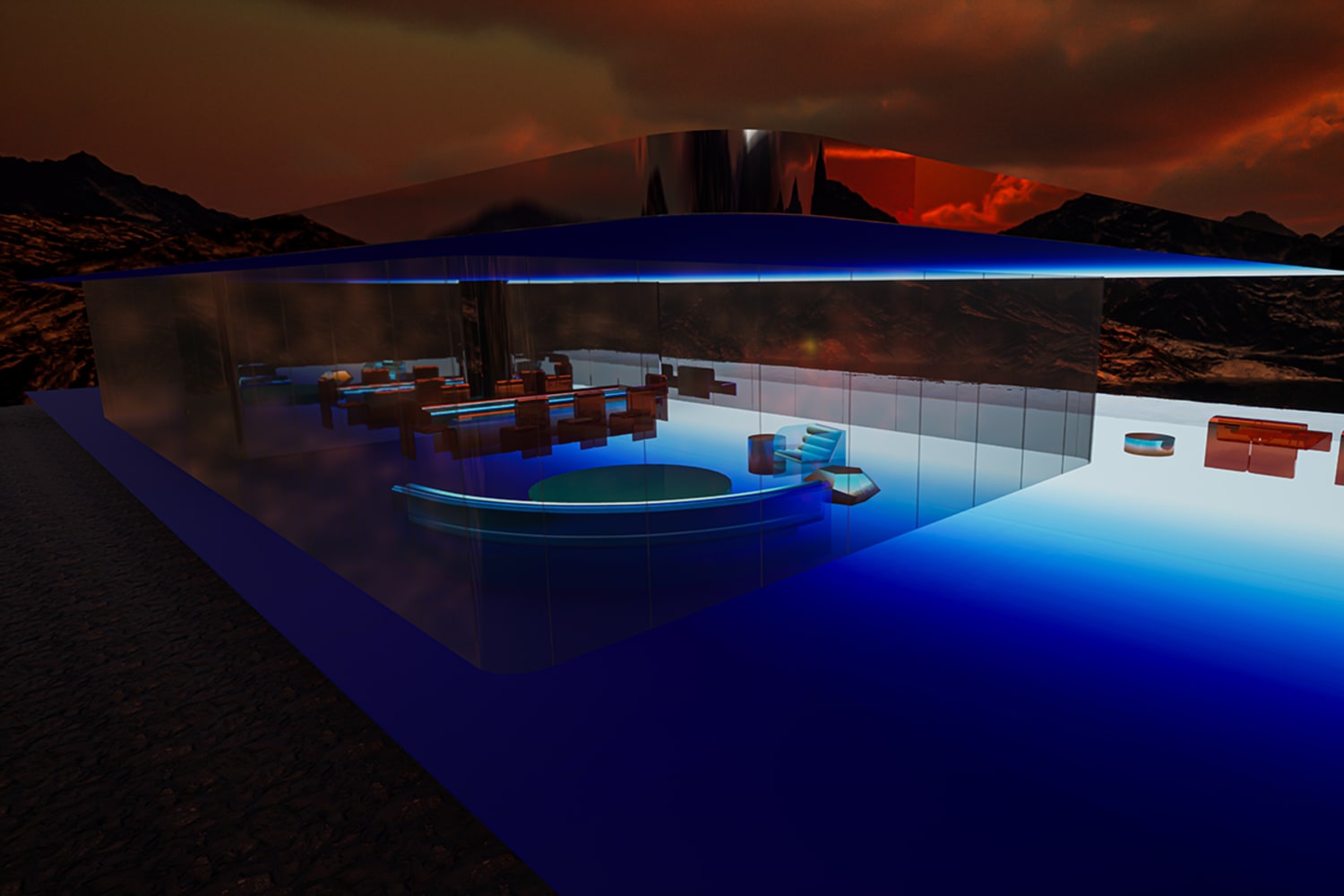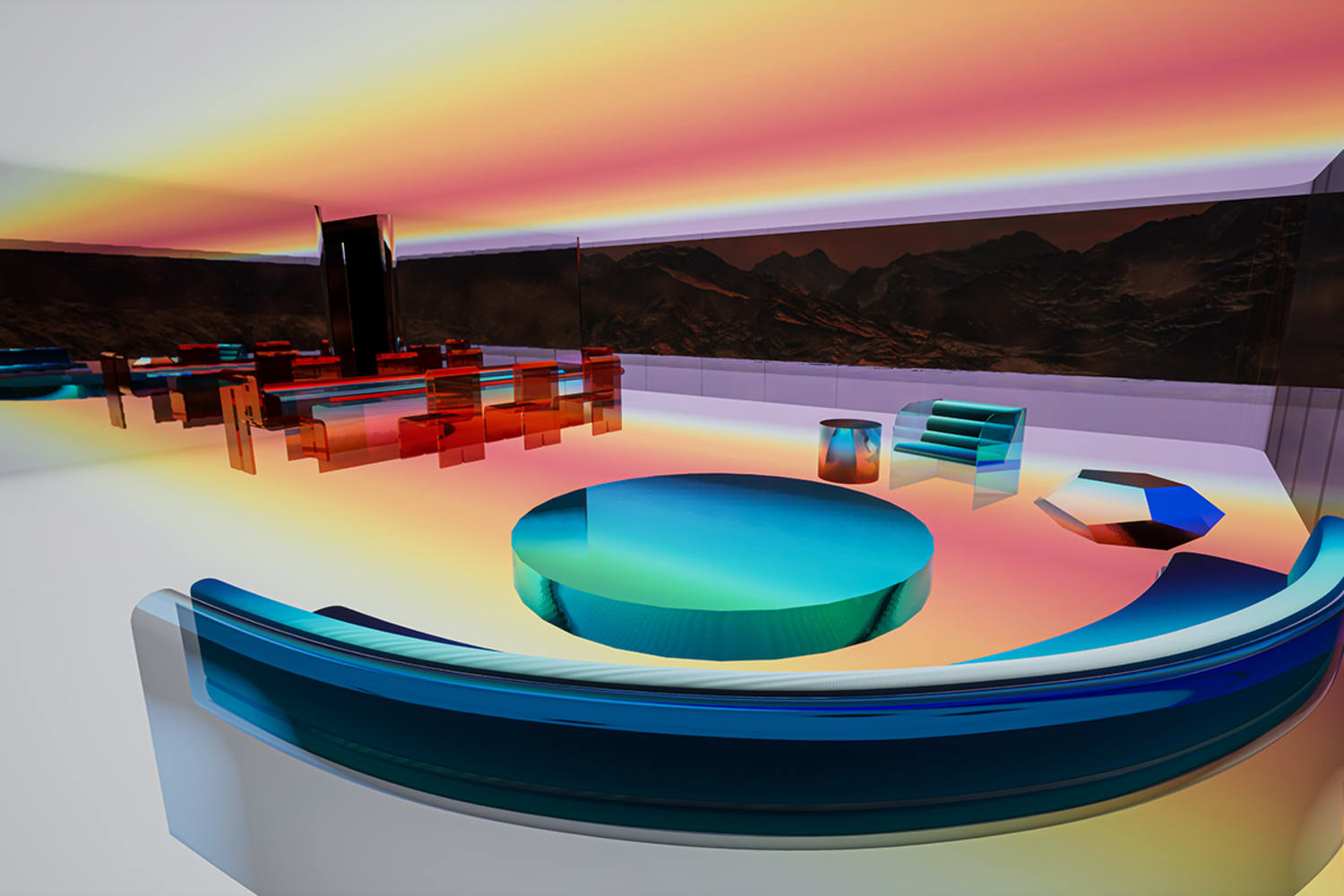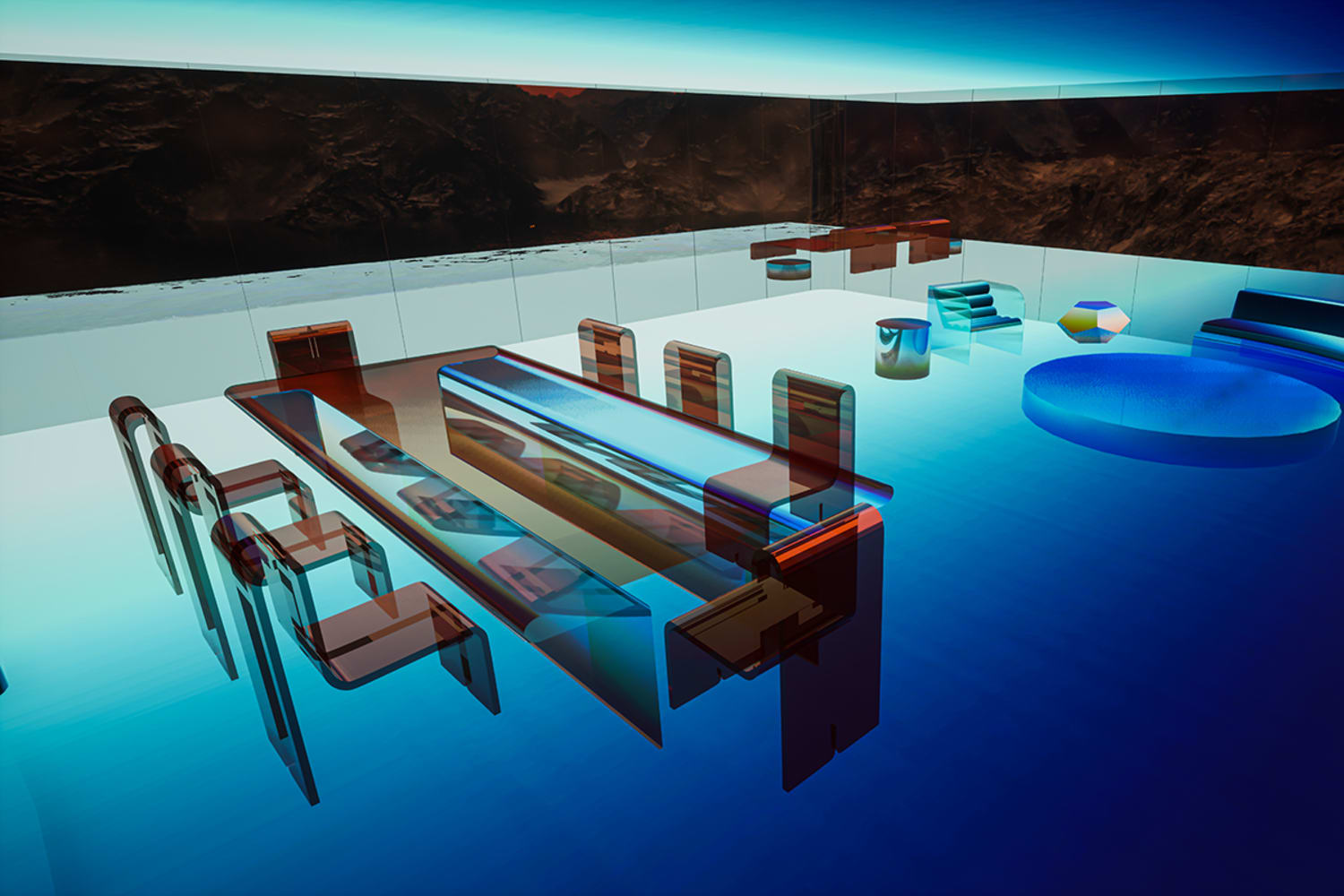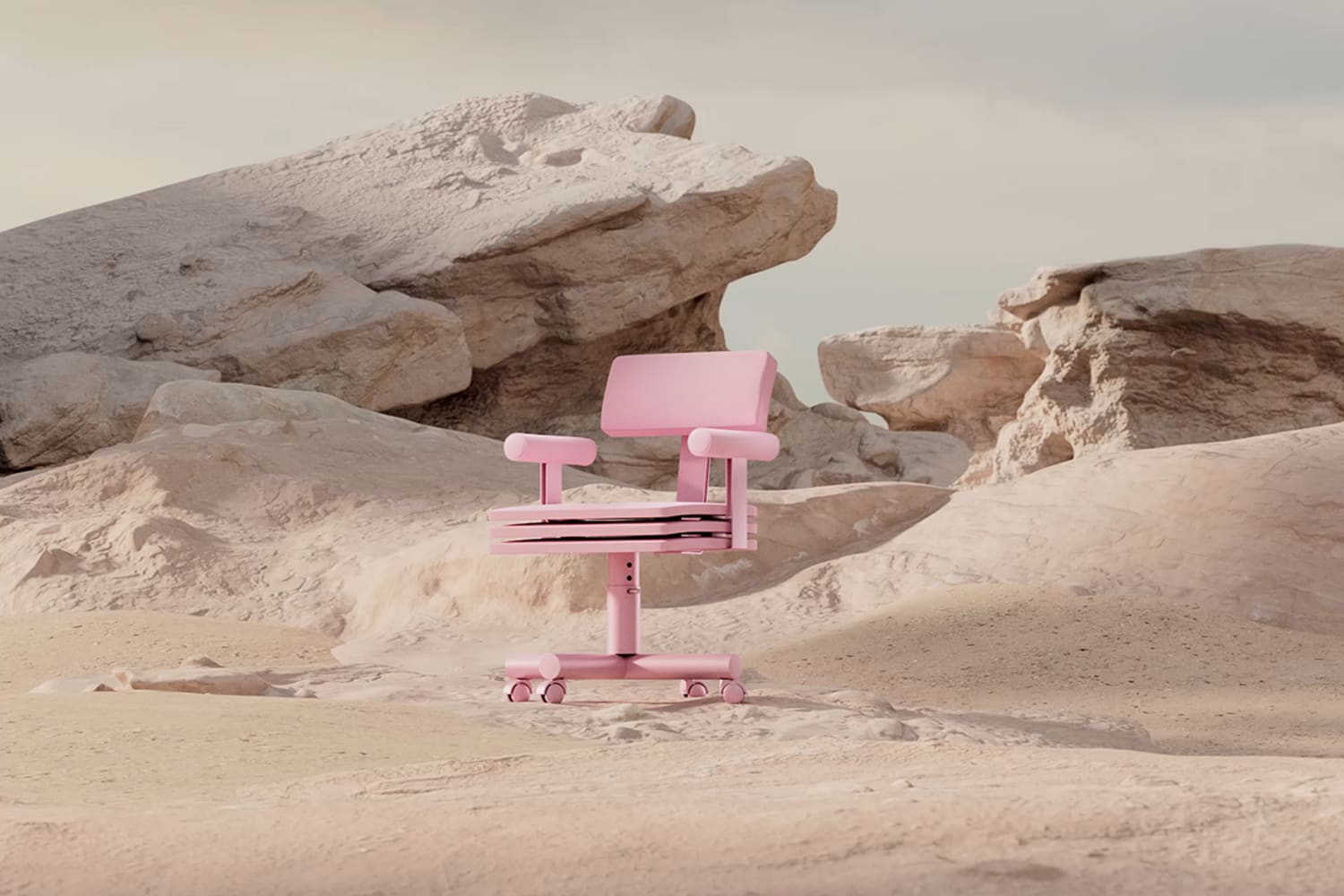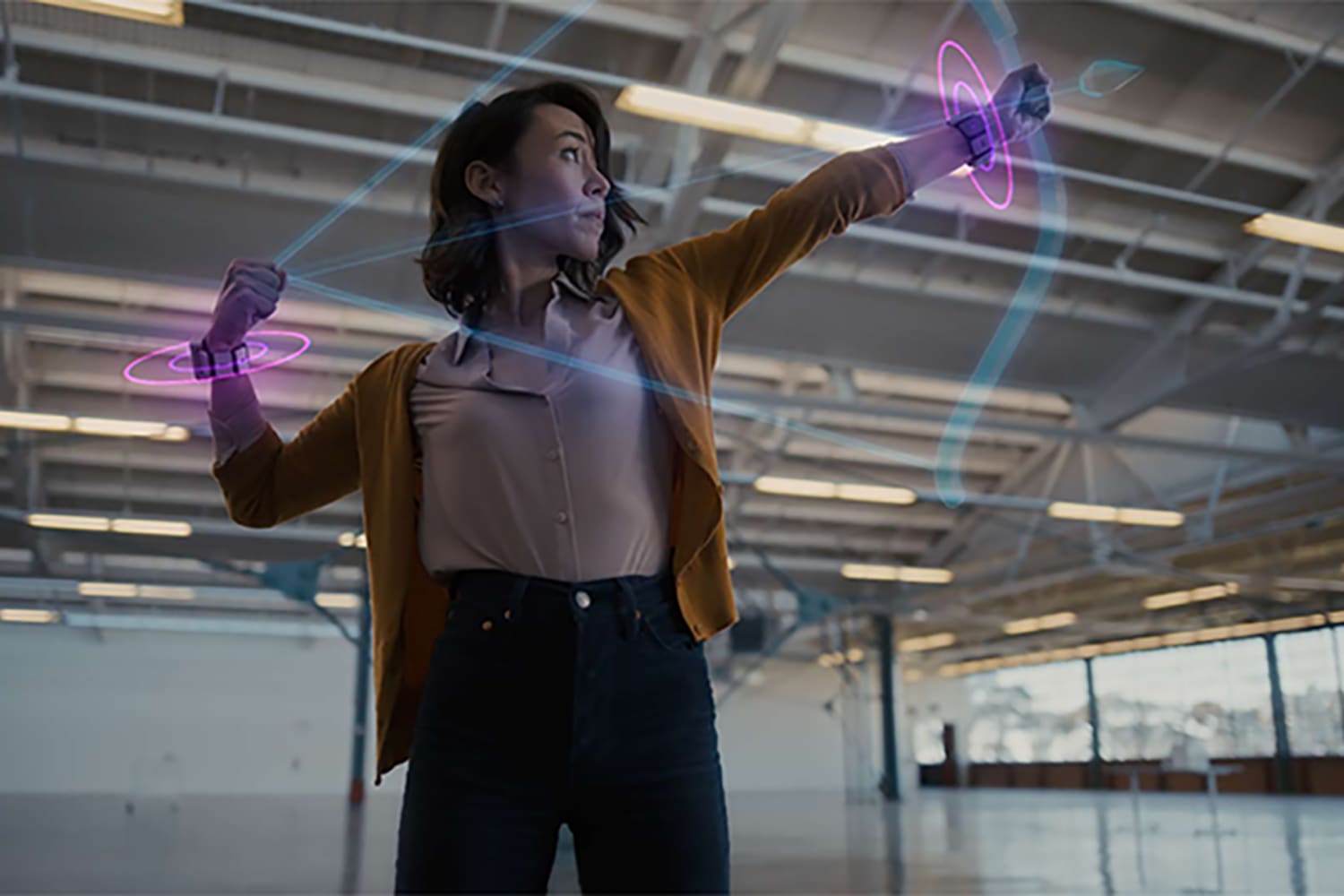The New York Times dubbed 2020 “the year of blur,” referring to a warped concept of time during a year of monotony and isolation. But it was the year of blur in another sense, too: coming out of 2020, the distinction between online and offline life is more hazy than ever. As Krista Kim, the contemporary artist behind the world’s first digital house, told CNBC, “we will be living in an augmented reality lifestyle within a very short period.”
Below, we round up the top five recent activations in augmented living.

